Syntactic Variation and Verb Second. A German dialect in Northern Italy.
This monograph investigates the syntax of the finite verb in Mòcheno, a minority language spoken in a German speech island of Northern Italy. Basing her study on detailed new data collected during extensive fieldwork, and focusing on finite verb movement; on multiple access to the left periphery; on pro licensing and on the distribution of OV/VO word orders, the author refutes the traditional view that the syntactic variation found in Mòcheno is due to the presence of two competing grammars as a consequence of contact with Romance varieties and accounts for the peculiarities of Mòcheno syntax within a theory couched in the framework of Generative Grammar. This book contributes to our understanding of the verb-second phenomenon and sheds new light on the asymmetries between Old Romance and Germanic verb-second languages. A useful tool for all linguists working on both theoretical and comparative syntax and to anyone interested in language variation, dialectology and typology.
{{comment.content}}
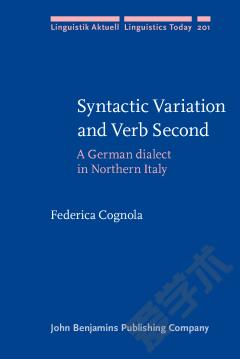


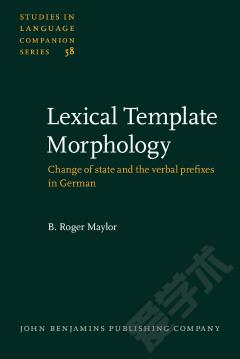
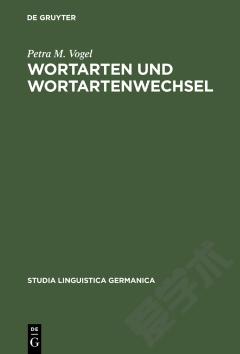
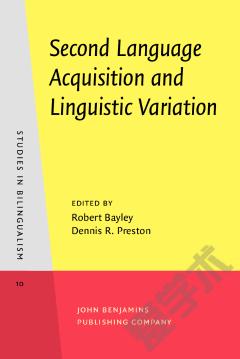
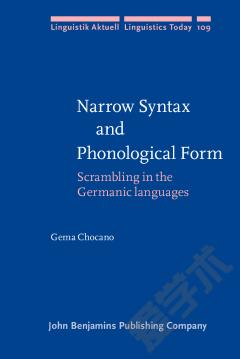

 京公网安备 11010802027623号
京公网安备 11010802027623号